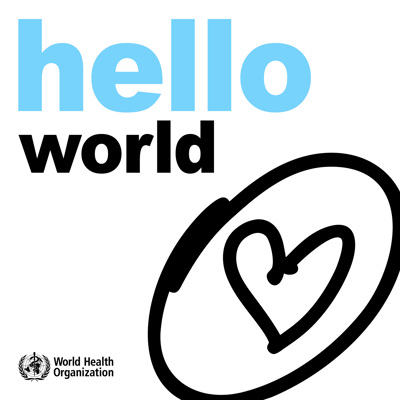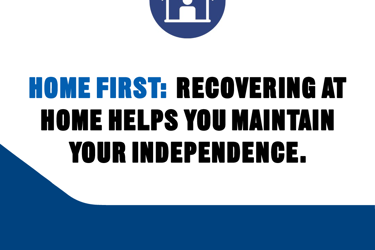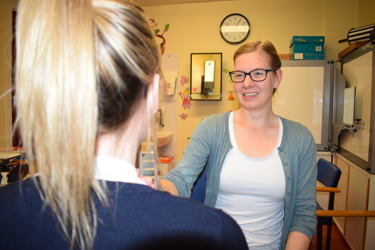
As COVID-19 has highlighted, some people are able to live healthier lives and have better access to health services than others - entirely due to the conditions in which they are born, grow, live, work and age.
All over the world, some groups struggle to make ends meet with little daily income, have poorer housing conditions and education, fewer employment opportunities, experience greater gender inequality, and have little or no access to safe environments, clean water and air, food security and health services. This leads to unnecessary suffering, avoidable illness, and premature death. And it harms our societies and economies.
This is not only unfair: it is preventable. That’s why World Health Day organiser, the World Health Organisation, is calling on leaders to ensure that everyone has living and working conditions that are conducive to good health. At the same time they urge leaders to monitor health inequities, and to ensure that all people are able to access quality health services when and where they need them.
COVID-19 has hit all countries hard, but its impact has been harshest on those communities which were already vulnerable, who are more exposed to the disease, less likely to have access to quality health care services and more likely to experience adverse consequences as a result of measures implemented to contain the pandemic.
WHO is committed to ensuring that everyone, everywhere, can realise the right to good health.
See more here: https://www.who.int/campaigns/world-health-day/2021


